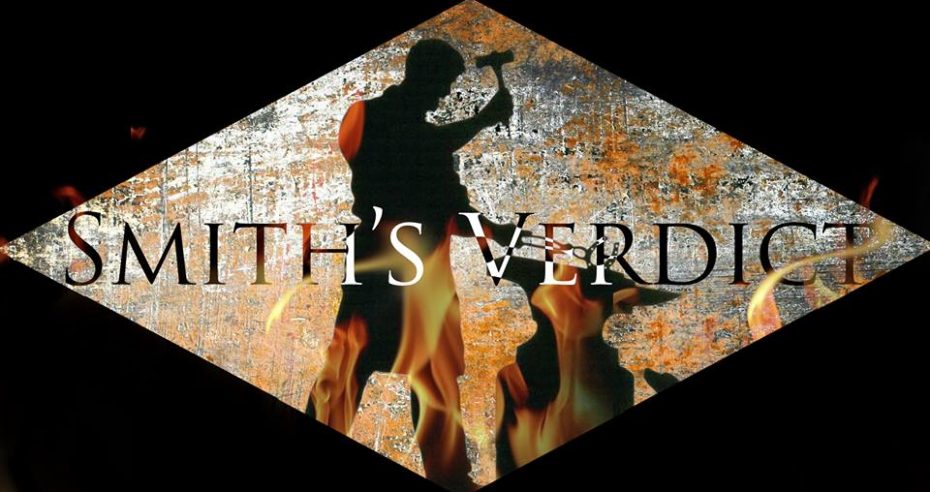Smith’s Verdict: ***
Reviewed by Tanner Smith
After the success of M. Night Shyamalan’s previous psychological thrillers “The Sixth Sense,” “Unbreakable,” and “Signs,” you can forgive the filmmaker for wanting to break new ground in his storytelling. In this case, he creates “The Village,” which is set in a late-19th century American village called Covington. With this new setting (he usually sets his movies in modern-day Philadelphia, which is probably where this movie was made), M. Night Shyamalan creates a story that is part fable, part “Twilight Zone.” The result is an interesting (if not groundbreaking) thriller.
Covington is surrounded by woods—the people in this village are isolated from the rest of the world and live in fear of creatures in the woods, simply known as Those We Don’t Speak Of. As far as we can tell, they are vile creatures who don’t take kindly to intruders in their woods. One of the village elders (played by William Hurt) informs everybody that a truce has been made with them some time in the past—the people don’t step into their woods, and Those We Don’t Speak Of don’t attack.
Of course, that plot point must evolve into something bigger. But there is also a love story in this movie, in which the shy Lucius Hunt (Joaquin Phoenix) falls in love with the blind Ivy Walker (Bryce Dallas Howard). Their romance is an interesting one which must be tested with bravery, endurance, and sacrifice—I’d say why but I am trying to keep from revealing any sort of plot twist. Let’s just say that Ivy has to go into the mysterious woods for important purposes.
There are a lot of plot revelations here—one, in particular, is even more upsetting than the twist ending in “The Sixth Sense.” Everybody who goes to see a movie made by M. Night Shyamalan expects a big plot twist—I don’t know what people are going to think of this one. The twist Shyamalan usually brings to his movies delivers surprising plot developments, and in “The Village,” he outdoes himself to the point of somewhat unreliability to the early storytelling. I would not even think of giving away the secret. But even though I didn’t really buy it, I did accept it. You have to suspend your disbelief for this movie.
Some of these villagers may be a bit bland, but they are believable—including William Hurt as Ivy’s father, Adrien Brody as the village idiot, Judy Greer (whom you might recall from episodes of “Arrested Development”) as Ivy’s sister who spotted Lucius first but accepts the fact that he loves Ivy more, and Sigourney Weaver as Lucius’ mother. Joaquin Phoenix is good as Lucius, but the movie really belongs to newcomer Bryce Dallas Howard, who shines throughout.
“The Village” may not be one of M. Night Shyamalan’s best, but it’s effective and creepy enough at times that I can accept it. You always want to admire Shyamalan for his filmmaking style—his pacing may be slow to some people, but what he really does is give us time to absorb what is happening here. And despite the marketing, “The Village” is not as much about invading creatures than it is about sacrifice and discovery. I like that “The Village” didn’t show much of the creatures, which makes them creepier, except for when you actually see them up close. By then, they look almost like costumes you would make at a first-time costume design class. But we can accept this too…I will not say why.


Leave a comment